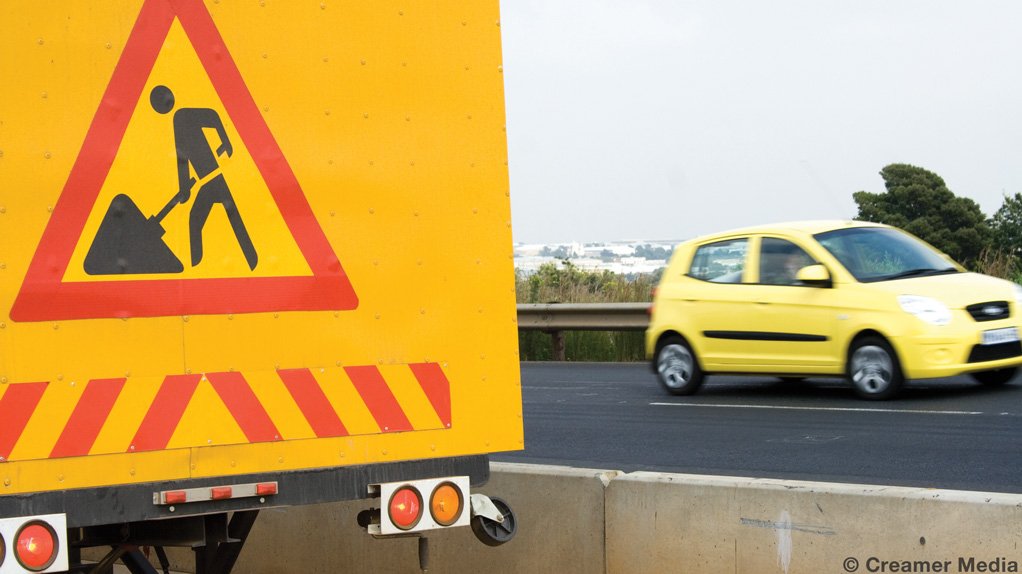Commenting in his capacity as chairperson of the Presidential Infrastructure Championing Initiative (PICI), President Jacob Zuma this week provided an update on the progress of several cross-border and regional infastructure projects championed by the heads-of-State cluster and aimed at accelerating regional trade.
The PICI served to link African heads of State to specific infrastructure corridors to ensure strategic political leadership in the championing of cross-border infrastructure projects.
These were projects that were aimed at ultimately unlocking the economic potential of the continent and providing development opportunities for communities, cities and regions, Zuma explained.
Addressing the thirty-second summit of the New Partnership for Africa's Development (Nepad) Head of State Governments and Orientation Committee, he said South Africa continued to ensure the advancement of multimodal infrastructure in the cross-border North-South Corridor; including road, rail, border posts, bridges, ports, energy and other related infrastructure.
The corridor passed through 12 countries, namely Tanzania, Congo, Malawi, Zimbabwe, South Africa, Zambia, Botswana, Mozambique, Kenya, Ethiopia, Sudan and Egypt.
“Through this initiative we are leading the charge in infrastructure development across the continent and these projects form the nucleus of the implementation of the broader Programme for Infrastructure Development in Africa,” he commented.
Commenting on the “missing link” of the Trans-Sahara Highway – a road corridor aimed at improving and easing border formalities on an existing trade route across the Sahara Desert – Zuma outlined that the construction of the remaining 100 km stretch across Algeria would start early this year.
“The construction of this highway is expected to be completed by 2017,” he noted.
Meanwhile, the roll-out of a fibre-optic network from Algeria to Nigeria through Niger was also set to start later this year, while the PICI’s objective to connect five capital cities through broadband links had been completed in 2013.
“All the five countries are now interconnected and linked to the submarine cables at Mombasa and Dar es Salaam.This brings this particular PICI project to successful completion within three years as planned and is a flagship successful project for the PICI,” he noted.
Zuma further revealed that the West African Economic and Monetary Union had agreed to finance all technical studies related to the Dakar¬–Ndjamena–Djibouti road and rail link, which were expected to be completed at the end of November. The project implementation phase was due to start before 2018.
Meanwhile, the execution of contracts for the early gas phase on the Nigeria–Algeria gas pipeline, known as the TransSaharan gas pipeline, were in progress.
Moreover, two workshops were planned for 2015 to finalise the detailed design stage of the Kinshasa–Brazzaville Bridge road and rail project, after which the project would move to the tender process for construction of the bridge – envisaged to be completed by 2025.
Further, Zuma said the prefeasibility study for the establishment of a navigational line from Lake Victoria to the Mediterranean Sea via the River Nile project, in Egypt, was now expected to be completed by the end of May.
“The project would also embrace an intermodal transport system… and to enhance data collection, missions to Sudan, South Sudan and Uganda are planned for February. The project is expected to be operational by 2023,” he noted.
“Significant progress”, meanwhile, continued to be made with the North–South road, rail and related infrastructure corridor, managed by South Africa.
“In addition, a number of hard and soft infrastructure issues and projects are in progress and are being addressed. To date, there are various projects in various stages of the project lifecycle, including road, rail, bridge, border posts and energy projects,” he said.
Among these, South Africa and Zimbabwe continued to work together to improve operations at the Beit Bridge border post.
The PICI Ministerial Working Group had also, at a January 16 meeting, recommended that a number of energy projects be developed. These would include the Strategic North–South Transmission Line, the Sahel Desert Tech Solar Project and the Central Power Transmission Line.
The Ministerial committee had, in addition, recommended that South Africa champion the manufacturing and production of locomotives and wagons as part of a “deepened industrialisation drive”.
Zuma emphasised the importance of infrastructure as a means to ensure sustainable development, stating that Africa was “on the right track”.
Further, he stressed that, in addition to regional infrastructure plans, countries on the continent also had to invest in national infrastructure.
EMAIL THIS ARTICLE SAVE THIS ARTICLE
To subscribe email subscriptions@creamermedia.co.za or click here
To advertise email advertising@creamermedia.co.za or click here











